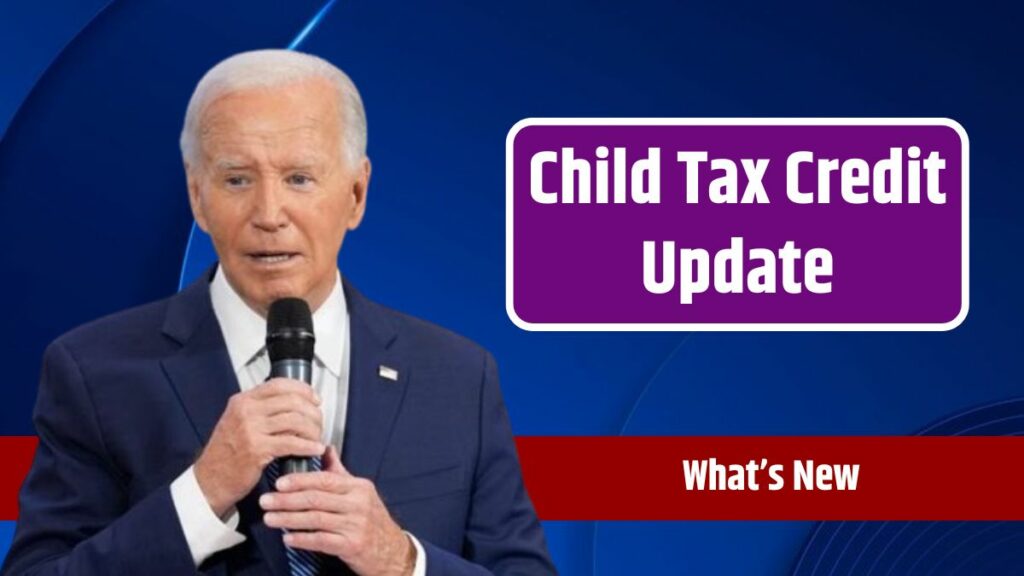The Child Tax Credit (CTC) has long been a lifeline for many American taxpayers. Now, Senate Majority Leader Chuck Schumer aims to bring a significant House bill to the Senate in early August. This bill proposes expanding the CTC, part of a $79 billion package, though its approval remains uncertain.
Bipartisan Support
The Tax Relief for American Families and Workers Act has already garnered bipartisan support, passing the House with a vote of 357-70. Despite this success, experts foresee a tougher battle in the Senate, where party lines may influence the outcome more heavily.
Child Tax Credit Cap
The proposed bill suggests increasing the child tax credit cap from $1,600 to better match inflation. Additionally, the bill includes tax breaks for businesses, initially introduced by Republicans seven years ago. This vote will be a crucial indicator of Republican priorities regarding the CTC, offering insights into future legislative negotiations.
Schumer’s Advocacy
Senate Majority Leader Chuck Schumer has been vocal about the bill’s importance. On the Senate floor, he declared, “When we vote, the American people will see for themselves who truly supports expanding the Child Tax Credit and lifting many kids out of poverty, and who stands against it.”
Election Year Dynamics
Alex Beene, a financial literacy instructor at the University of Tennessee at Martin, highlighted the upcoming election year might cause Senate support to align more strictly along party lines. Despite the bill’s potential benefits for families and businesses, political dynamics may overshadow practical needs.
Credit
Newsweek reported Beene’s insights: “The bill aims to expand the current child tax credit while also reinstating some of the popular tax credits from earlier bills for both businesses and families.” However, as the election approaches, support may split more by party affiliation rather than taxpayer needs.
Consequences of Inaction
Beene also expressed concerns about the potential fallout if the bill does not advance. “While there is always a valid reason for concern over rushed legislation, the result of this bill not advancing could mean fewer dollars for taxpayers.” The ongoing debate will test whether the Senate prioritizes families and businesses’ needs over party politics.
Tax Relief Act
Schumer has strongly advocated for the bill, describing it as beneficial for children, affordable housing, small businesses, and American families. He emphasized the bipartisan support in the House and urged Senate Republicans to join.
Support
While many House Republicans support the bill, conservative Senate members remain cautious. Senate Finance Committee Chair Ron Wyden (D-Oregon) and House Ways and Means Committee Chair Jason Smith (R-Missouri) initially proposed the bill. However, Senator John Cornyn (R-Texas) expects Republicans to unite to prevent its passage due to changes in the CTC work requirement.
Legislative Process
When the bill passed the House in February, Senate Minority Whip John Thune (R-South Dakota) emphasized the need for a process allowing amendments to address existing issues. This highlights the complexities of passing tax legislation and the importance of a collaborative legislative process.
Republican Stance
Senator Wyden criticized Republican senators for their inconsistency between rhetoric and actions. “The Republican senators have been talking a big game when it comes to helping kids and families. But when it comes to voting, they just haven’t been there,” he said.
Expectations
Senate Republicans are optimistic about obtaining better tax rulings next year, especially as Congress addresses the Trump-era tax cuts set to expire. Thune expressed his vision for the future, noting the potential for more favorable legislation under Republican control.
Debate
Senator JD Vance (R-Ohio) commented on Vice President Kamala Harris’s stance on the CTC, suggesting she aims to end it despite the Biden administration’s previous expansion efforts. This debate underscores the contrasting policy approaches between administrations and highlights the complexities of tax legislation and family support initiatives.
Under President Biden, the CTC saw a significant temporary increase, raising the credit to $3,000 per child aged six and over, and $3,600 per child under six. Harris, while serving as a senator from California, co-sponsored the American Family Act of 2017, aimed at expanding the CTC.
As the debate continues, the outcome will reflect who truly champions reducing poverty through expanded tax credits.
FAQs
What is the proposed increase for the Child Tax Credit?
The bill proposes increasing the CTC cap from $1,600 to better match inflation.
Has the House passed the bill to expand the Child Tax Credit?
Yes, the House passed it with a vote of 357-70.
What are the potential consequences if the bill doesn’t pass?
Fewer dollars for taxpayers and missed financial support for families.
Who is advocating for the expansion of the Child Tax Credit?
Senate Majority Leader Chuck Schumer is a strong advocate.
What are Senate Republicans’ concerns about the bill?
Changes in the work requirement for the Child Tax Credit.



